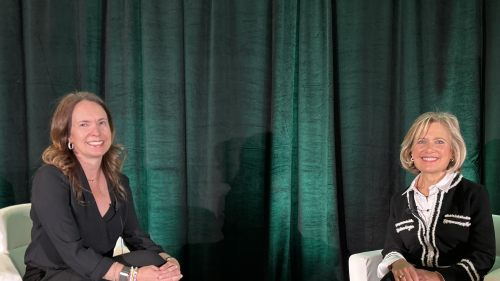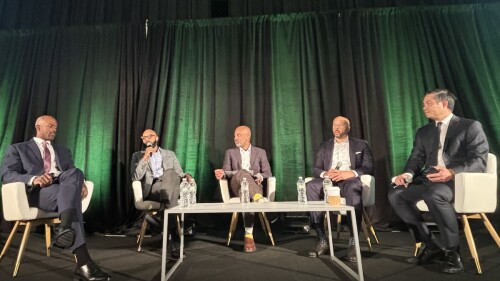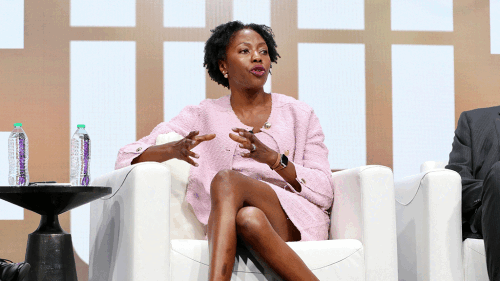- As costs rises, demand for traditional education changes.
- Hybrid model may work for some schools.
- Newer schools are not tied to legacy costs of buildings etc.
Higher education is in many ways as vulnerable to disruption by new technologies as retail was a decade ago, said panelists at the ULI Fall Meeting.
Andrew Harrison, managing director of consultancy Spaces That Work, said that the average age of university students has risen above 21 years in the United Kingdom and is closer to 25 in New Zealand. At the same time, he said, “As the world becomes more virtual, place becomes more important.”
Harrison, who is also the author of Design for the Changing Educational Landscape: Space, Place and the Future of Learning, said that traditional cafeterias and libraries are being revolutionized as adaptable, informal learning spaces.
“At the other end of the spectrum,” Harrison said, “businesses are taking more of a role,” citing McDonald’s Hamburger University in Shanghai. Harrison said McDonald’s sees its program is more exclusive than Harvard, based purely on acceptance rates.
Steve Smith, an architect with Urban Narrative, described two new models from the U.K. In one case, the London School of Architecture has no permanent physical space. Its students work and learn with various firms, meet in pubs or parks for group projects, and if a space is needed, it is rented.
A second model he described in Manchester saw two struggling suburban universities merge, but also integrate more into the city itself.
Raymond W. Gastil, a professor at University of California at Berkeley, said that much of what is being described is not new, citing the Jeffersonian model of the academical village, as exemplified by the University of Virginia’s “Lawn” area, where professors and students live side by side. “Informal interaction is part of education,” said Gastil.





